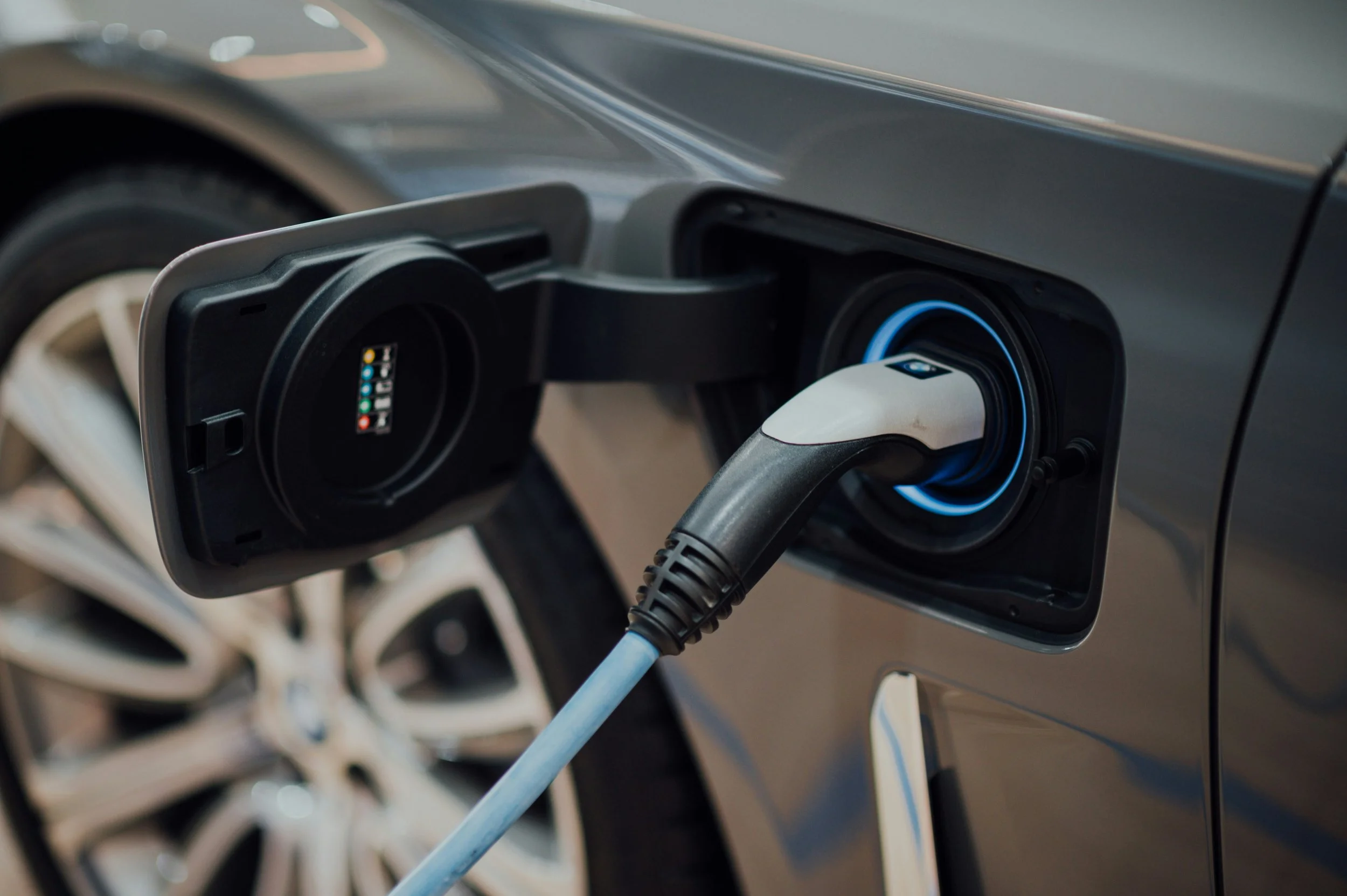Despite Record EV Sales, Half of Drivers Still Say ‘No’ to Electric Cars with 2030 Ban Looming
Electric car sales hit a record high in September, but a new survey by ALA Insurance reveals that more than half (51%) of UK drivers remain unconvinced about switching to electric vehicles
The SMMT (Society for Motor Manufacturers and Traders) shared that more than 72,000 BEVs were registered in September, accounting for 23.3% of all cars.
But ALA’s survey revealed 51% of people said they were unlikely to buy an electric car, 42% said they’d be very unlikely to buy one.
Upfront costs and charging were the key reasons people wouldn’t choose an EV.
September was another record-breaking month for the electric car industry. Year-on-year sales of BEVs were up by nearly one-third to over 72,000.
A big contributor to the sales was Chinese company BYD, whose monthly sales outweighed the likes of Mini, Land Rover and the former electric car go-to, Tesla. BYD reportedly sold 11,271 alone, increasing by 162% compared to September 2024.
But public opinion of electric cars is still split. ALA Insurance surveyed its customers to reveal that more people were unlikely to buy an electric car. 51% of respondents said they were unlikely, and 42% chose “very unlikely”.
However, 41% said they either owned an electric car or would be very likely to consider buying one.
Simon England, founder and Managing Director of ALA, shared his opinion of electric cars: “Electric cars make sense in theory, but for many drivers, especially in rural areas, they’re just not practical yet.”
“I’ve driven a diesel car for the last 6 years. Living in rural Yorkshire, it’s hard to give up my 700+-mile range and be limited to 200-300 miles, especially when I travel for work.”
The public agreed. There were two common reasons people would think twice about an electric car, according to ALA’s data: charging and the upfront cost.
70% of people complained that electric cars were less affordable than their petrol and diesel counterparts. Furthermore, 68% of respondents complained that the upfront cost was a significant barrier to electric car ownership.
Additionally, 47% of people agreed with Simon, flagging access to charging when out and about and concerns about public charging were stopping them from buying an EV.
Simon continued with his thoughts on the upcoming 2030 ban of ICE cars, “With the cost of living still high, and National Insurance and energy costs biting, the government needs to rethink how it encourages drivers to make the switch. More incentives and a stronger charging network, particularly outside cities, would make a real difference.”

